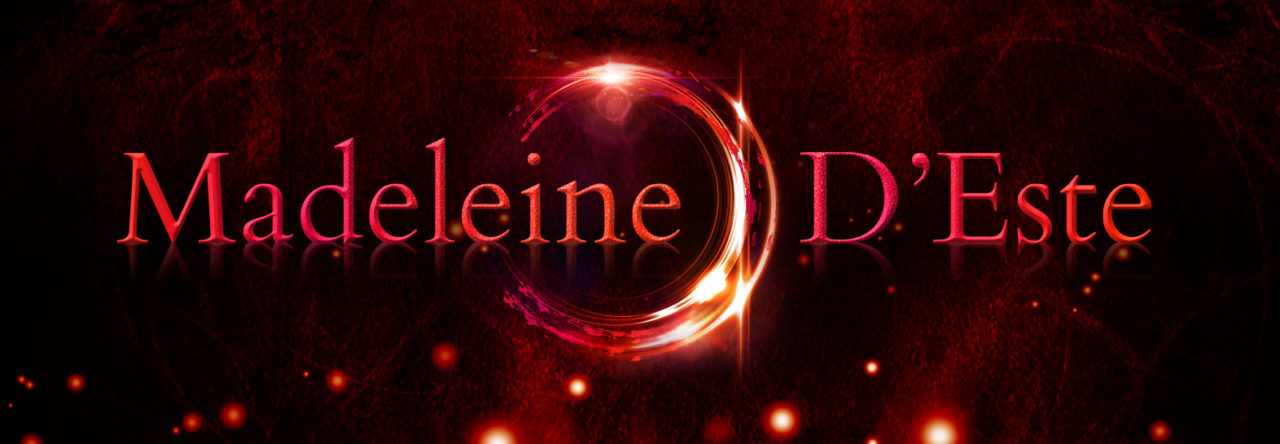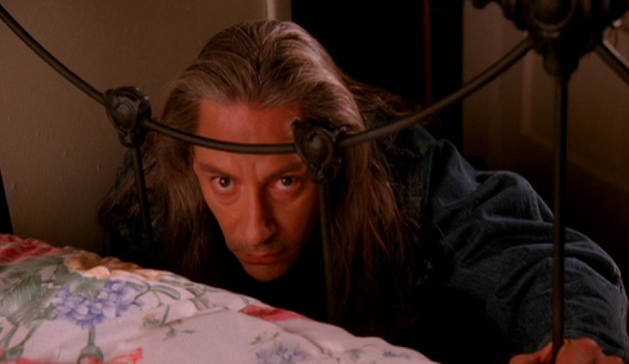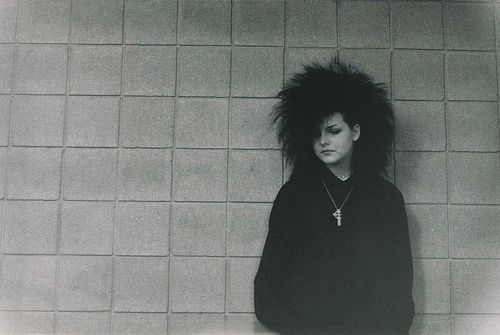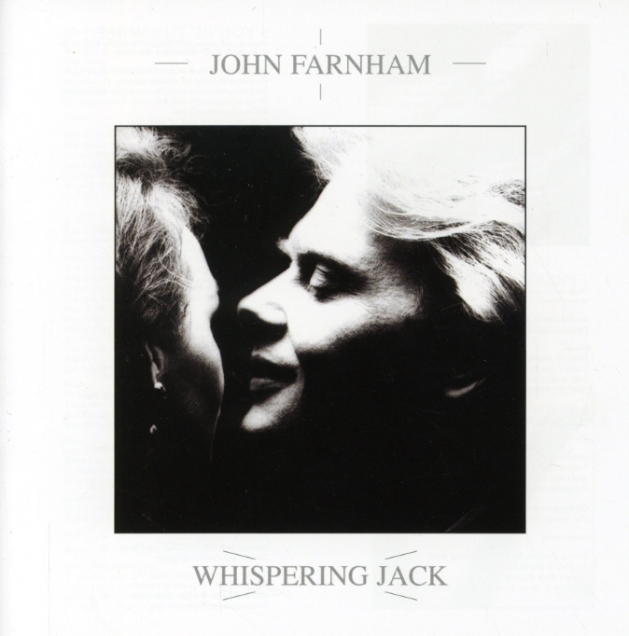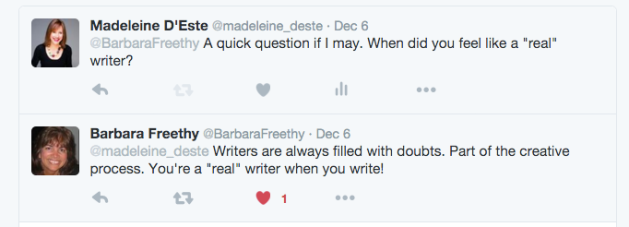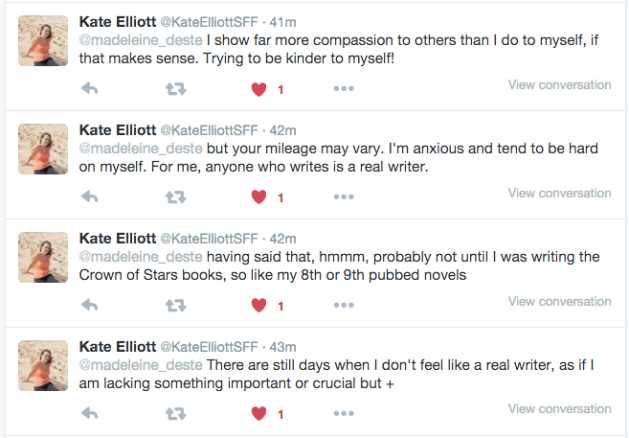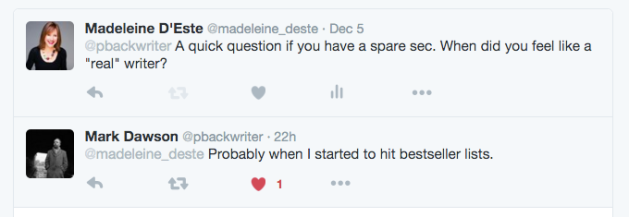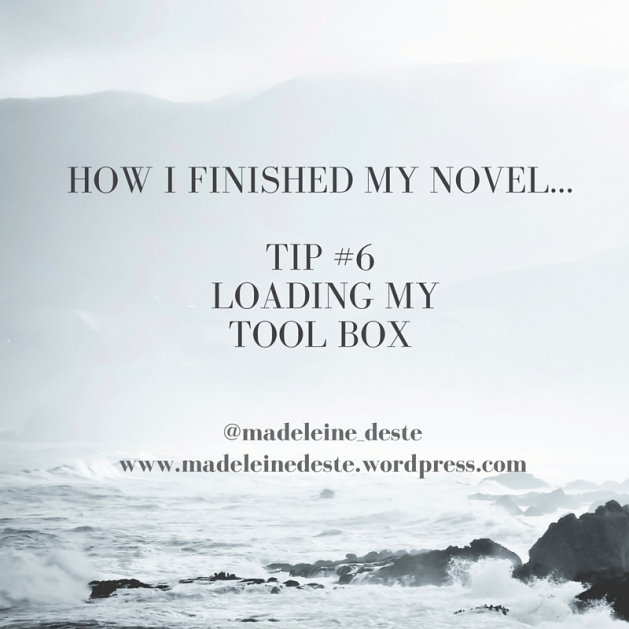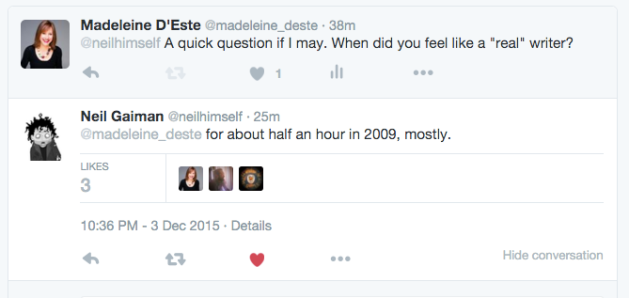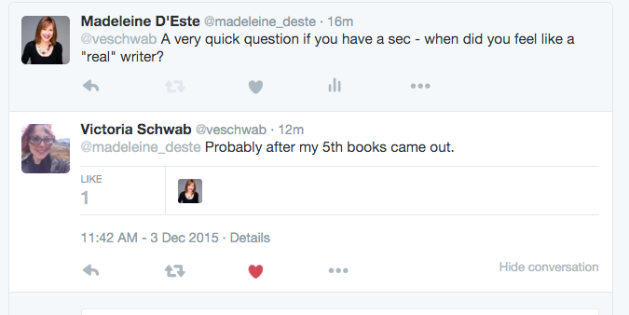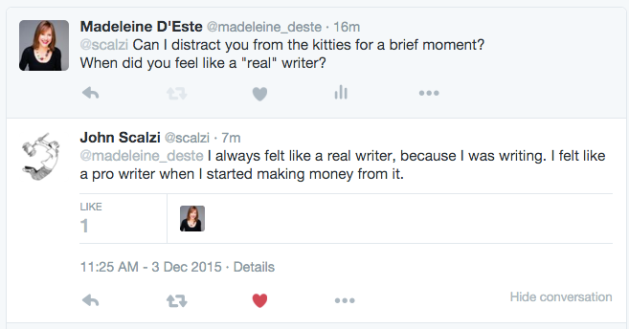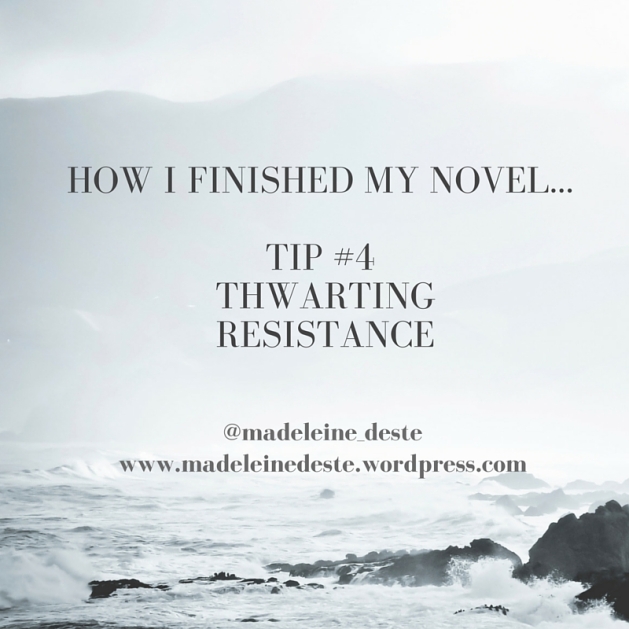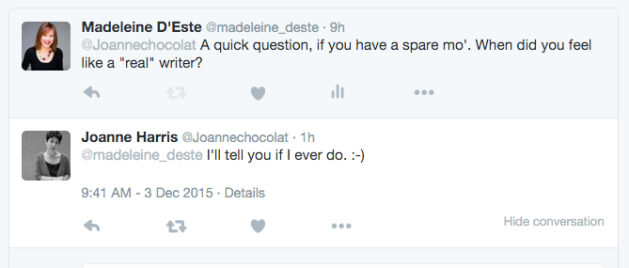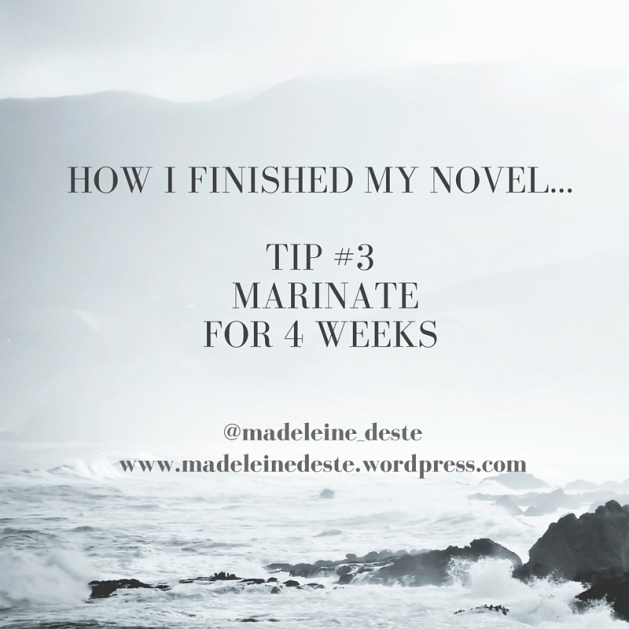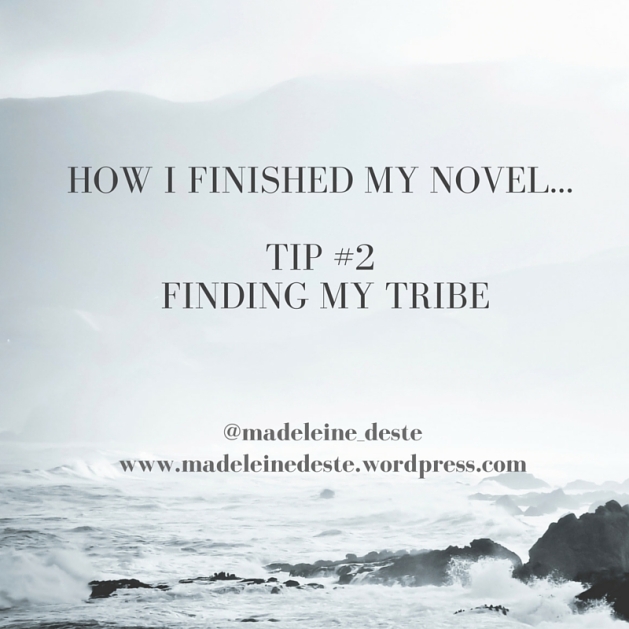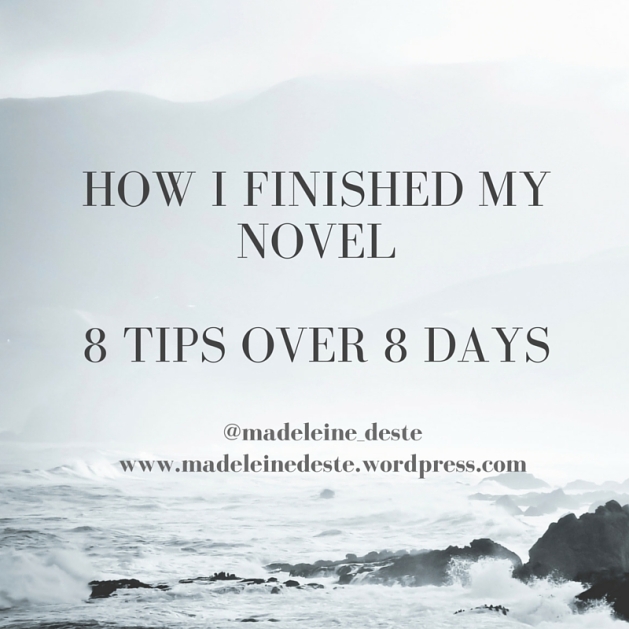How do I approach naming my characters? Today I’m answering a few questions on character names from AJ Lundetrae.
Chanel, Dior, Lagerfeld, Givenchy, Gaultier, darling. Names, names, names!
Edina Monsoon, Absolutely Fabulous
How important are names to you in your books?
Names are very important to me.
I was a strange child and completely obsessed by boarding school books (especially the Chalet School). Using my illustrated atlas and a reference book of names and their meanings, I created my own school rolls. Lists of girls names and their exotic home cities.
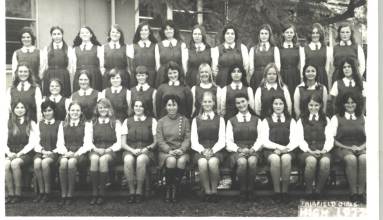
A name tells you a lot about a person’s past, their heritage, their social position. Names are infinitely fascinating. Especially in writing (rather than making your own children) when you get to choose the first and last name. In writing, your names can be descriptive of the character’s personality or mannerisms. And it’s just plain fun.
Do you choose the names based on liking the way it sounds or the meaning?
A little of both.
For my Monolith series, I have been obsessed with length. For my main characters, they all have names with four letters; Hana, Alga, Lucy, Erin and Mora. The lesser characters tend to have names of five letters.
Alga is an indigenous Northerner from a goddess worshipping religious community. For Alga, I searched for a four letter names with Estonian and Latvian heritage. I have also made up names for other characters but using foreign language name lists as inspiration.
I really struggled with the right name for Mora for over a year. Mora is the wise feisty grandmother. At one point she was named June, then Vera but now I have settled on Mora. Slightly inspired by the feisty playful Australia artist Mirka Mora.
For my steampunk novellas, I had great fun finding silly place names from the United Kingdom. I didn’t need to make them up. They are all real villages, hamlets or towns from various counties. I also searched for historical popular names on the census.
But in the end, the sound is most important to me.
And a tip I picked up somewhere – avoid names ending in “s”. This makes it messy when adding the possessive noun.
Do you have any name choosing resources you recommend?
My manager at work caught me looking at baby names lists recently and asked me if I had anything to tell her. So, yes, baby name lists from pregnancy sites. I have also found names by number of letters, for my obsession with four letter names.
I also search for foreign names and place names.
Here’s a few examples
As you can see, I have finally found a use for my obsession with names. If only I’d kept my list of names for my fictitious boarding school. I could finally find a home for my school girls.
Like this:
Like Loading...

